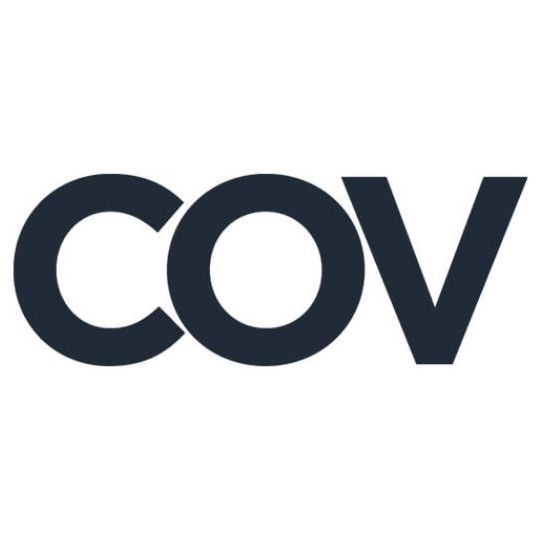CHICAGO, IL (September 4, 2013) — Editor’s note: This week Covenant News Service is highlighting stories of immigration and the proposed Resolution on Immigration to be voted on at the 2014 Annual Meeting. As part of this coverage we are posting letters from people who have immigrated to the United States without documentation and from pastors who regularly minister to undocumented people. This church planter asked that only her first initial be used.
By D, a Covenant pastor
Back in Mexico I started a bachelor’s in business administration; however, I couldn’t finish because of financial reasons. When I came to this country one of the main challenges was the language, and then finding a job was another major challenge. Here in the U.S. it was more difficult to find employment in something related to what I have studied, which ended up affecting my personal and professional development, as well as my life plans.
I couldn’t choose anymore where I wanted to work. Instead I took a job where I could make at least minimum wage. I had to do jobs with unpleasant working conditions and that had nothing to do with my educational background. All of this so my husband, my six-month old girl, and I could have a better life.
Being undocumented makes you feel hopeless. I didn’t know how much time it would take for me to have a legal status.
Another challenge that I faced was not having access to financial aid so I could continue my studies. I encountered ignorant people who thought I was stupid (or dumb) because my English was not fluent or because I spoke with an accent.
Not having documents made me feel a second-class or third-class person. Being undocumented made me miss out on serving opportunities, even though in some instances I had more abilities and qualifications than others.
Socioeconomics are a great challenge for many of us. When my daughter was applying for college, we didn’t know if she could qualify for certain scholarships. I felt that people didn’t care if I had a need or not. There was also a lack of information and guidance in my community. I asked around where could I find help and information, but all many people could tell me was, “I don’t know.”
My faith has helped me through all of this. I can now tell people that even though their immigration status could limit them, there are still other opportunities like studying for a technical career or even going to the university. I can also tell them that faith moves mountains, and that it is important to first make improvements of ourselves. We do not have to wait until we can resolve our immigration status to make changes in our lives—educationally, socially, financially—but we should do it now and prepare for when that day will come.
Now I am able to help other families find information, like which hospitals to go to, what organizations to visit, or what health fairs to attend. I can also tell them how to become volunteers and take classes. There are organizations that are willing to help out students and families, without requiring a Social Security number.
Learning and being trained is very important especially when these people are doing ministry. That way they can be of better help in their churches and their communities. I am now an ordained Covenant pastor. My husband and I are planting a Covenant church and serve on different commissions.
My faith has helped me because God has been able to open doors for me. God is a God of immigrants. His people were immigrants. Jesus was an immigrant, and the Apostle Paul tells us that we are migrants and that our citizenship is not of this world.
One thing I wish people knew is that no one wants to leave their home country, family, childhood friends, or adulthood friends for an adventure. People migrate out of need. The immigration system is obsolete and unjust. I hope people understand that those who are undocumented immigrants make important contributions to this nation.













